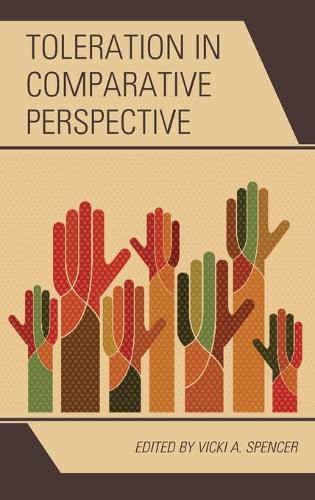Toleration in Comparative Perspective is a collection of essays that explores conceptions of toleration and tolerance in Asia and the West. It tests the common assumption in Western political discourse and contemporary political theory that toleration is a uniquely Western virtue. Toleration in modern Western philosophy is understood as principled noninterference in the practices and beliefs of others that one disapproves of or, at least, dislikes. Although toleration might be seen today as a quintessential liberal value, precedents to this modern concept also existed in medieval times while Indigenous American stories about welcome challenge the very possibility of noninterference.
The modern Western philosophical concept of toleration is not always easily translated into other philosophical traditions, but this book opens a dialogue between various traditions of thought to explore precisely the ways in which overlap and distinctions exist. What emerges is the existence of a family of resemblances in approaches to religious and cultural diversity from a program of pragmatic noninterference in the Ottoman Empire to deeper notions of acceptance and inclusiveness amongst the Newar People in the Kathmandu Valley. The development of an Islamic ethic of tolerance, the Daoist idea of all-inclusiveness, and Confucian ideas of broad-mindedness, respect, and coexistence to the idea of ‘the one in the many’ in Hindu thought are examined along with sources for intolerance, tolerance, and toleration in Pali Buddhism, early modern Japan, and contemporary India.





